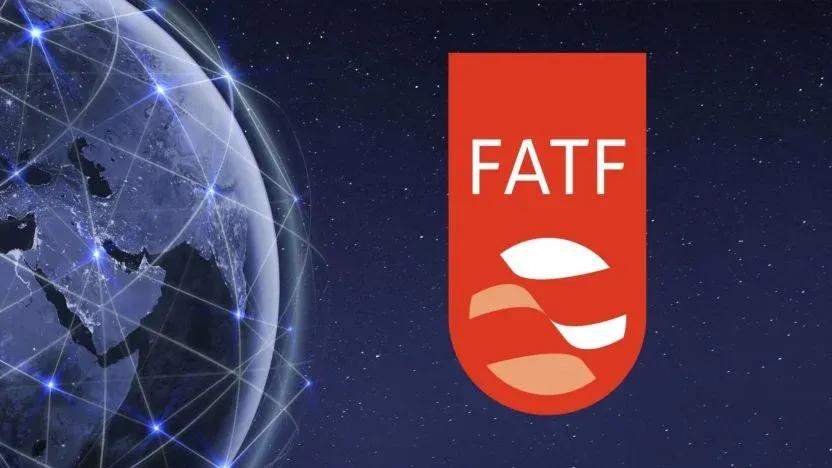What are FATF blacklists and grey lists?

The Financial Action Task Force (FATF) blacklist (sometimes referred to as the OECD blacklist) is a list of countries that the intragovernmental organization considers non-cooperative in the global effort to combat money laundering and the financing of terrorism.
This list is created with the hope that it will encourage countries to create and sustain better financial regulations and establish a universal set of AML/CFT standards. It leads financial institutions to shift resources and services away from the countries on the blacklist.
FATF blacklist
The Financial Action Task Force (FATF) blacklist, now called the "Call for action,” was the common shorthand description for the FATF list of "Non-Cooperative Countries or Territories." The FATF blacklist has been issued by the FATF since 2000 and lists countries that FATF judges to be non-cooperative in the global fight against money laundering and terrorist financing, calling them "Non-Cooperative Countries or Territories" (NCCTs). Although non-appearance on the blacklist was perceived to be a mark of approbation for offshore financial centers (or "tax havens") that are sufficiently well regulated to meet all of the FATF's criteria, in practice, the list included countries that did not operate as offshore financial centers. The FATF updates the blacklist regularly, adding or deleting entries.
Which countries are on the blacklist of FATF?
As of 2022, only two countries are on the FATF blacklist: North Korea and Iran.
FATF grey list
FATF issues a grey list, officially referred to as Jurisdictions Under Increased Monitoring. Like the blacklist, countries on the FATF grey list represent a much higher risk of money laundering and terrorism financing but have formally committed to working with the FATF to develop action plans that will address their AML/CFT deficiencies.
The countries on the gray list are subject to increased monitoring by the FATF, which either assesses them directly or uses FATF-style regional bodies (FSRBs) to report on the progress they are making towards their AML/CFT goals. While gray-list classification is not as negative as the blacklist, countries on the list may still face economic sanctions from institutions like the IMF and the World Bank and experience adverse effects on trade.
The grey list is updated regularly as new countries are added or as countries that complete their action plans are removed.
The latest countries added to the greylist are Mali, Turkey, and United Arab Emirates.
FATF added Mali to the greylist in October 2021. Mali's addition to the grey list was motivated by a lack of progress towards achieving objectives set out in its 2019 MER. The FATF primarily focused on risks in the country related to terrorist financing.
FATF also added Turkey to the greylist in October 2021. The FATF cited specific concerns about the terror financing threats from Turkey's neighbors, Syria, Lebanon, Iraq, and Iran.
FATF added the United Arab Emirates (UAE) to the greylist in March 2022. The FATF determined that while the UAE had made “significant progress” since its 2020 assessment on issues related to money laundering, terrorism financing, confiscating criminal proceeds, and international cooperation, further progress is required to ensure investigations and prosecutions of money laundering cases are “consistent with UAE's risk profile.” (Source: complyadvantage.com)
See the full list of countries in grey list.
What is the difference between FATF blacklist and grey list?
Countries on the FATF blacklist and grey list are defined as deficient in their AML regimes, but greylisted countries have committed to working with FATF.
The EU’s AML blacklist is a list of countries deemed ‘high risk’ under the AML Directive – ie, those whose AML/CFT regimes have strategic deficiencies which pose a significant threat to the EU’s financial system. The EU AML blacklist is highly aligned with, but not identical to, FATF’s Ongoing Monitoring or grey list. The AML blacklist is different from the EU’s non-cooperative tax jurisdictions blacklist.

